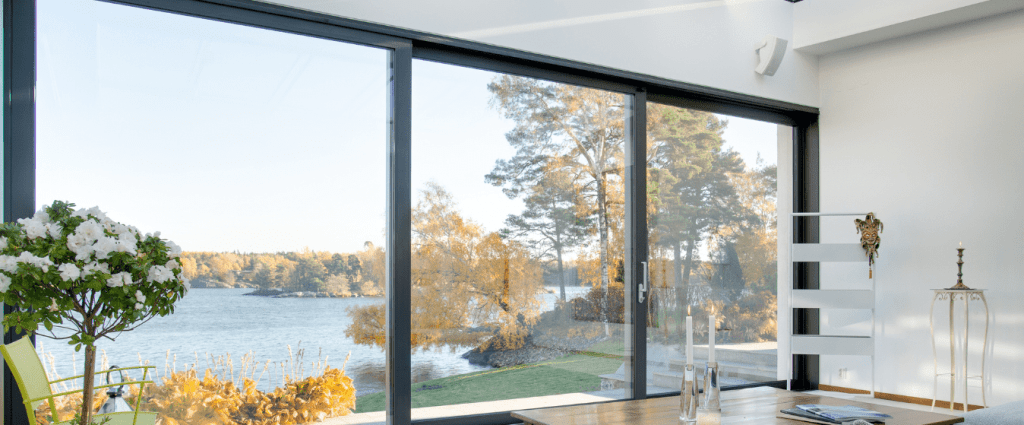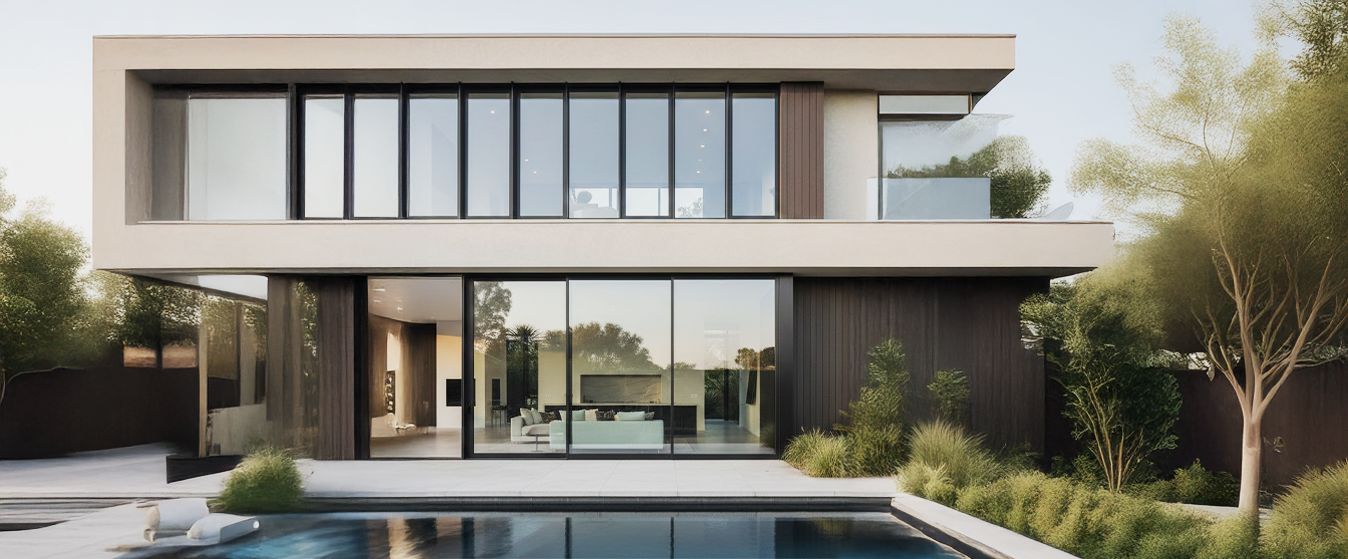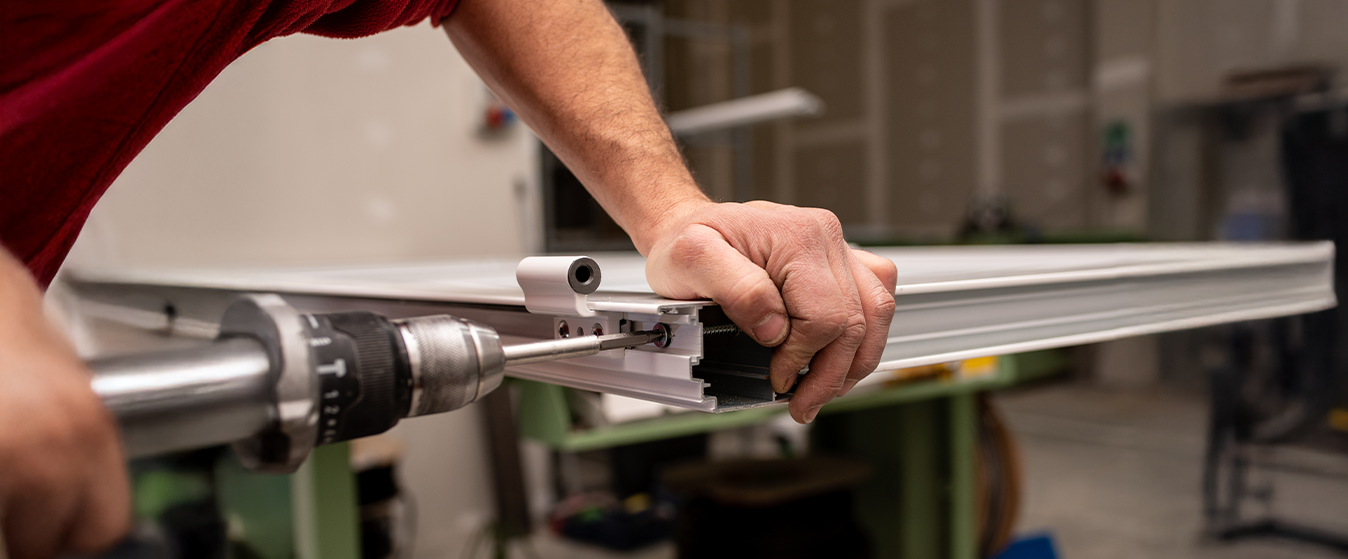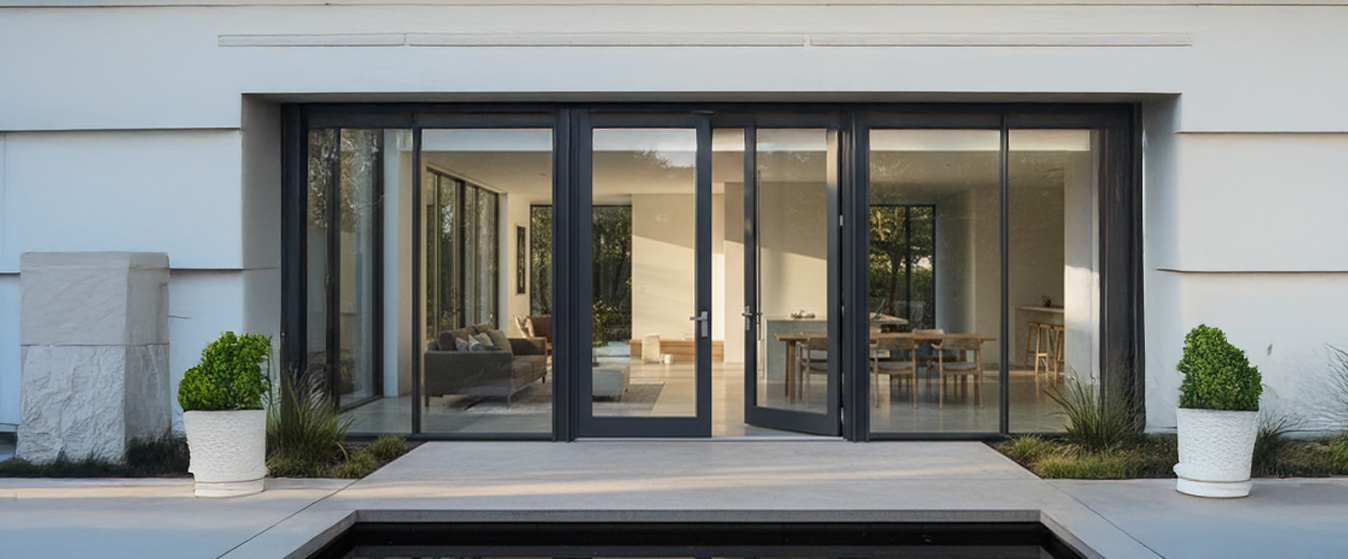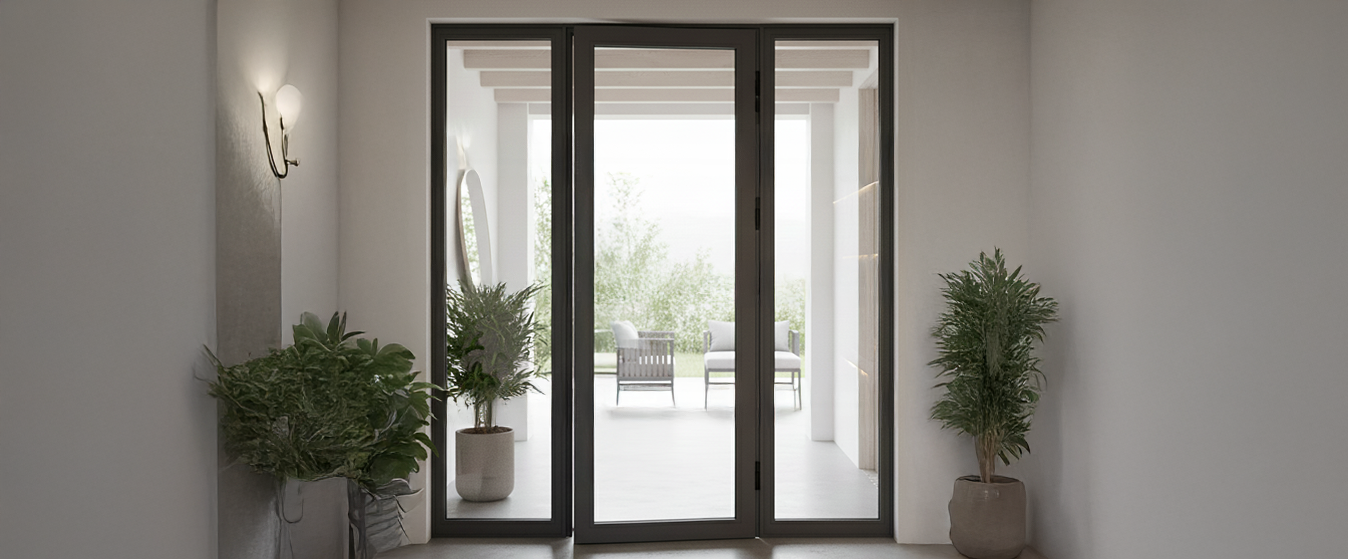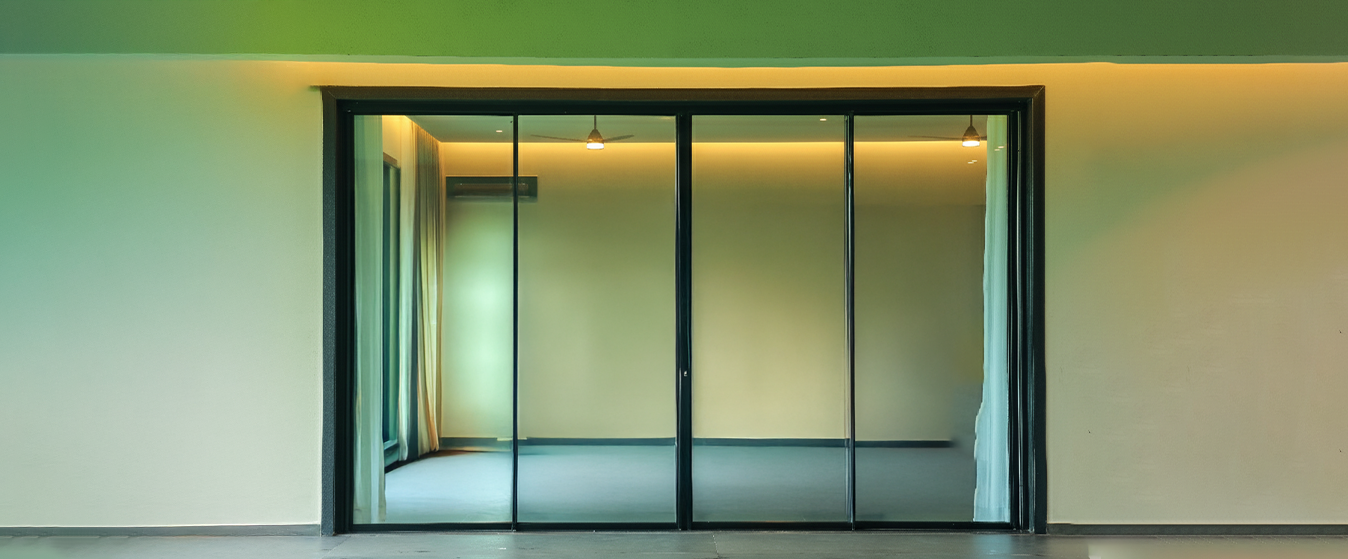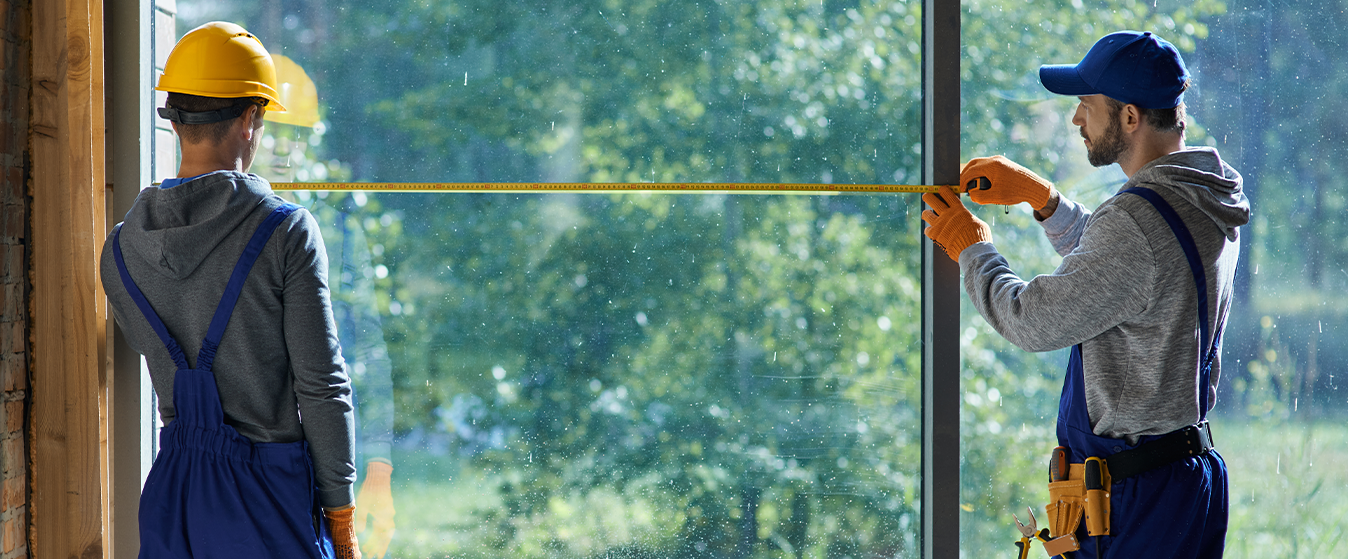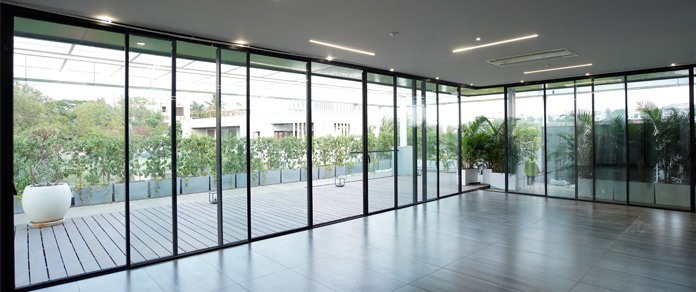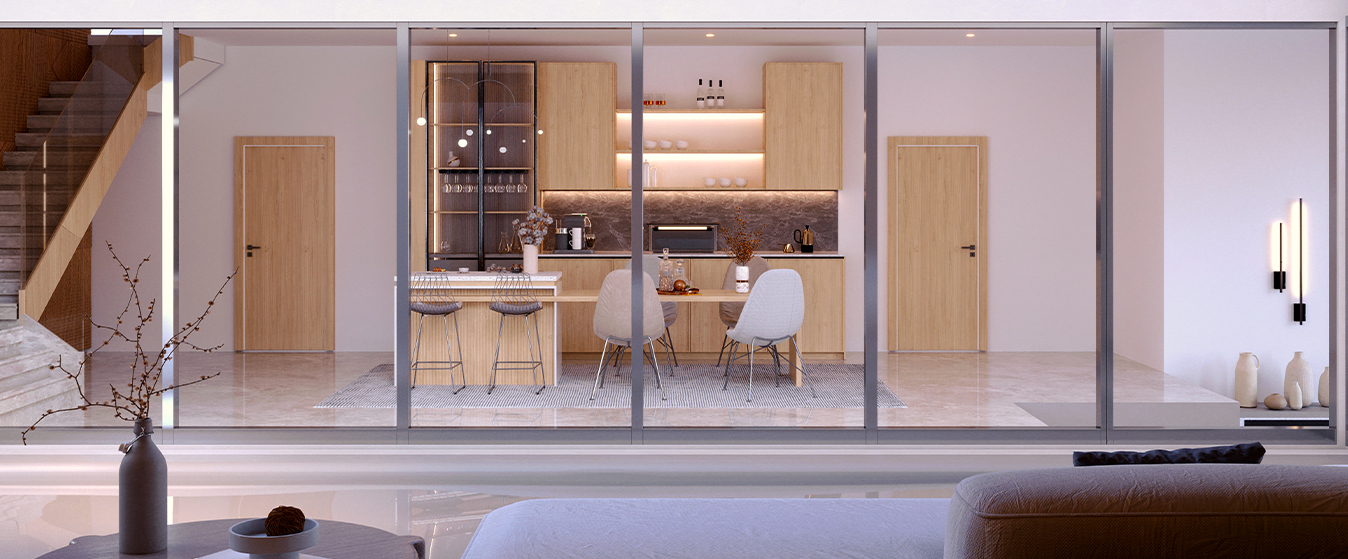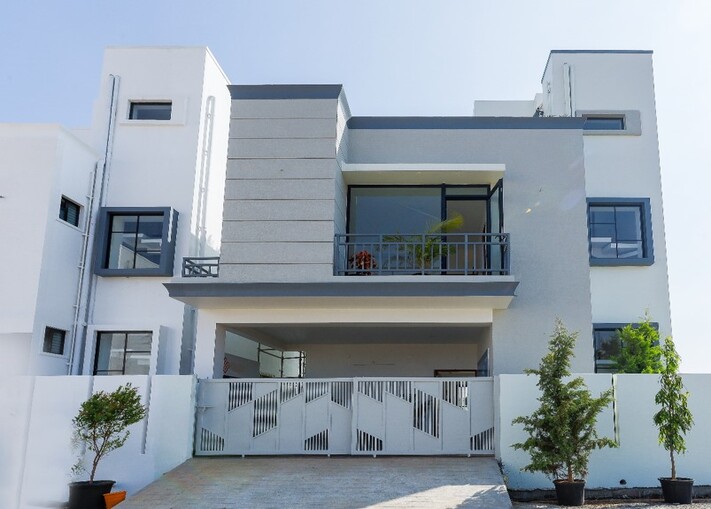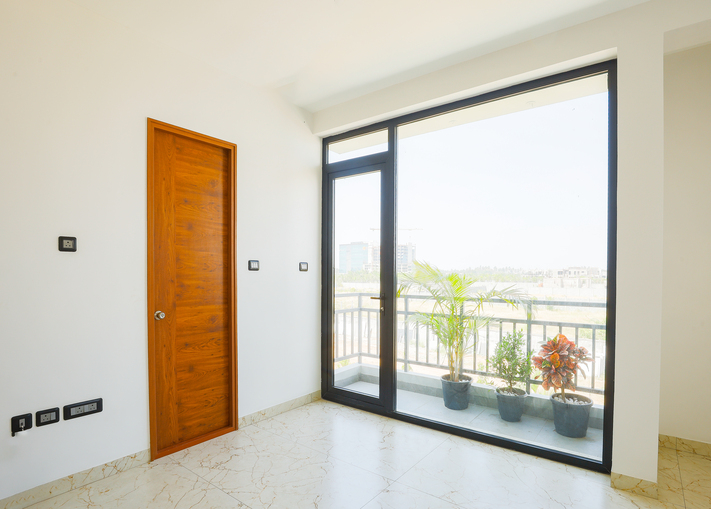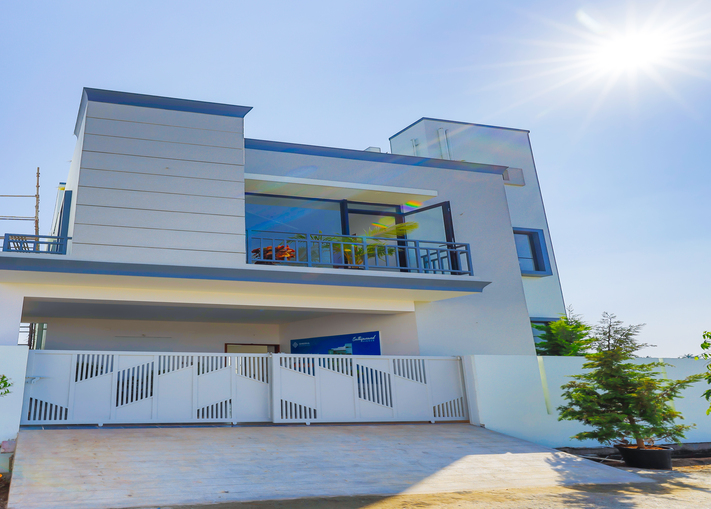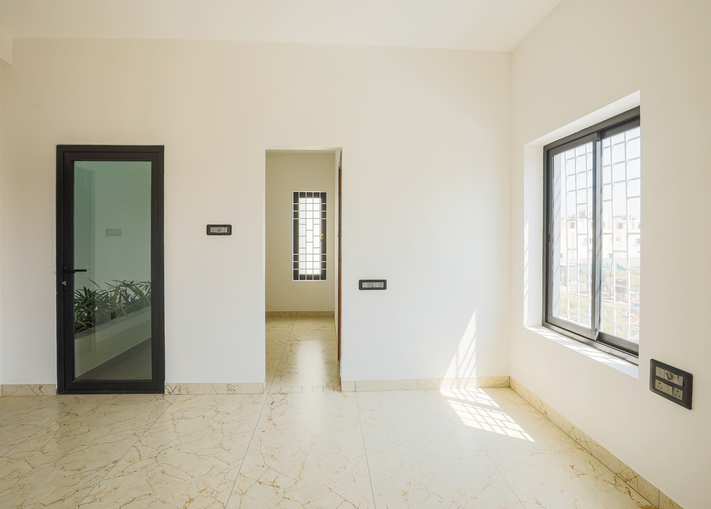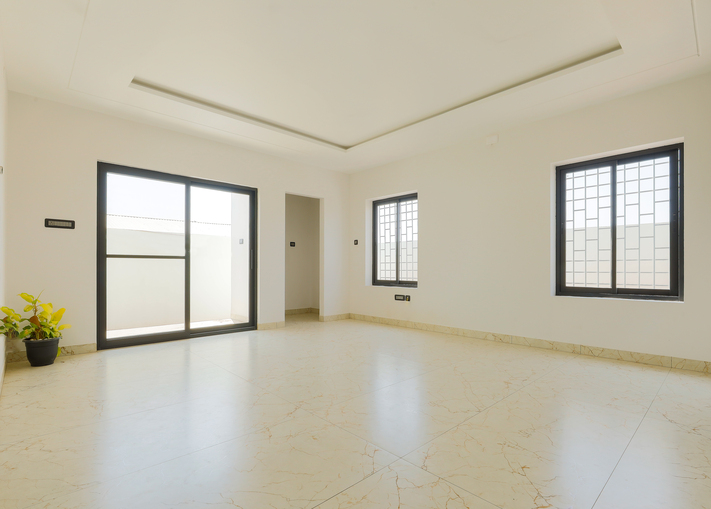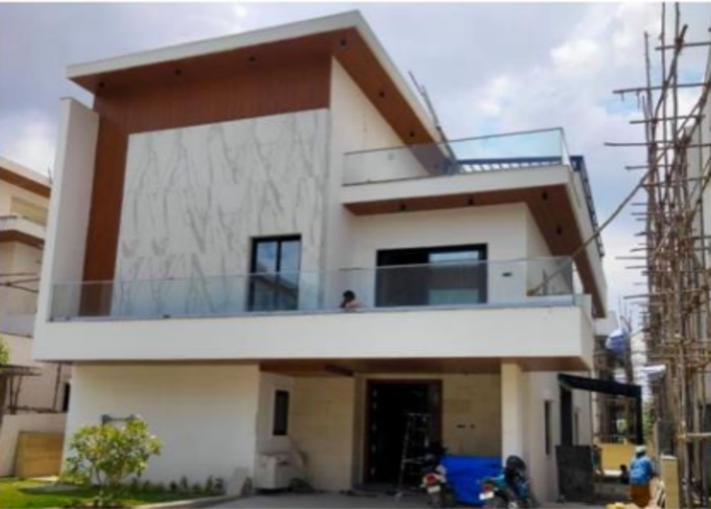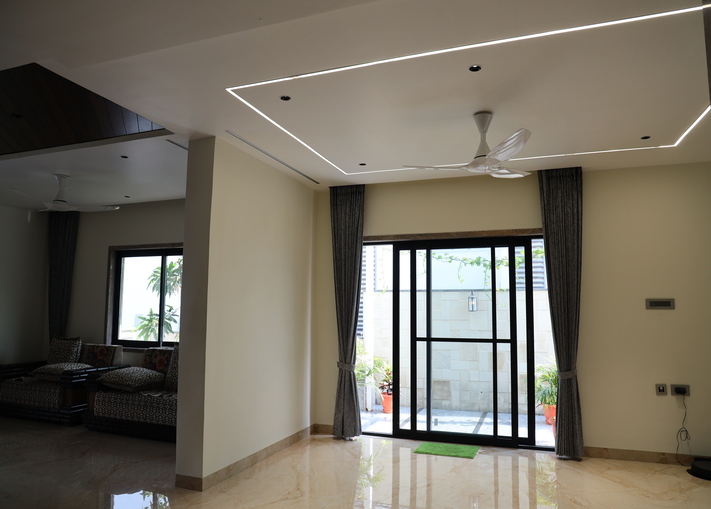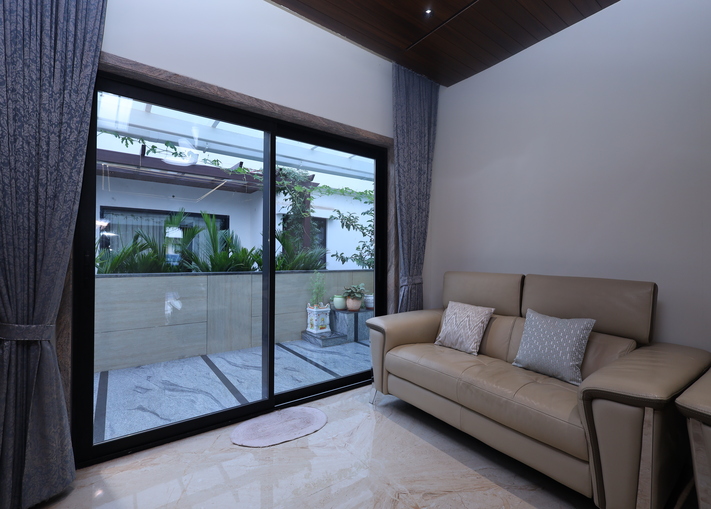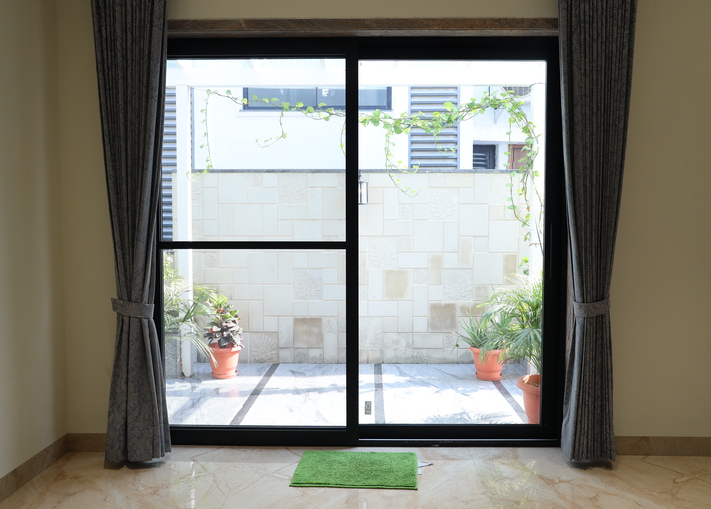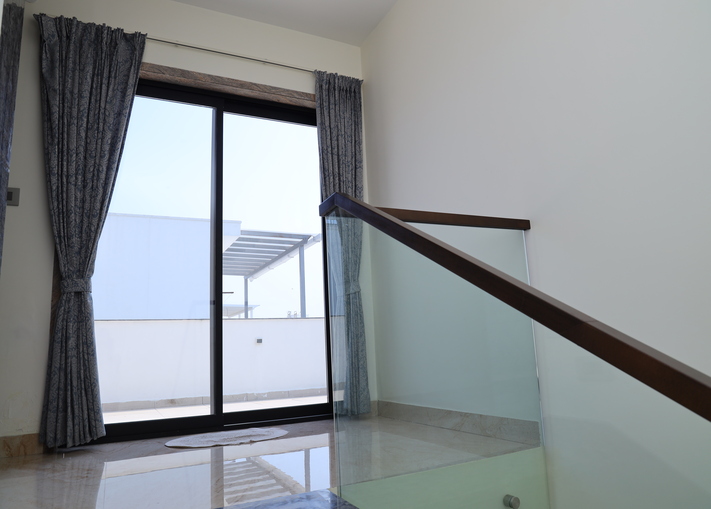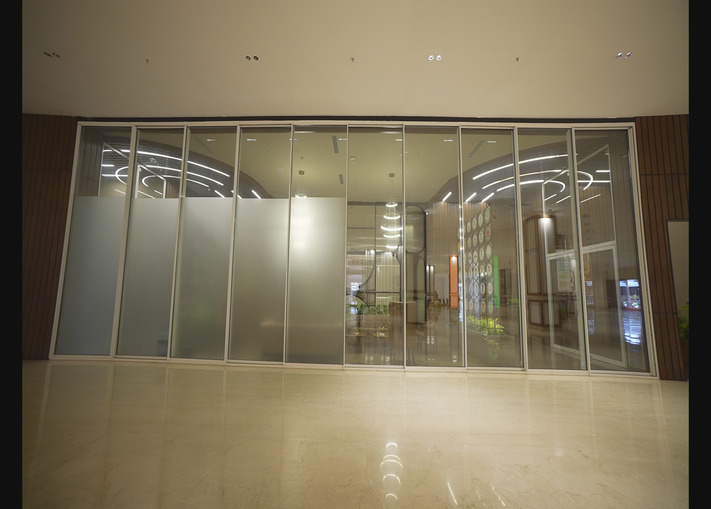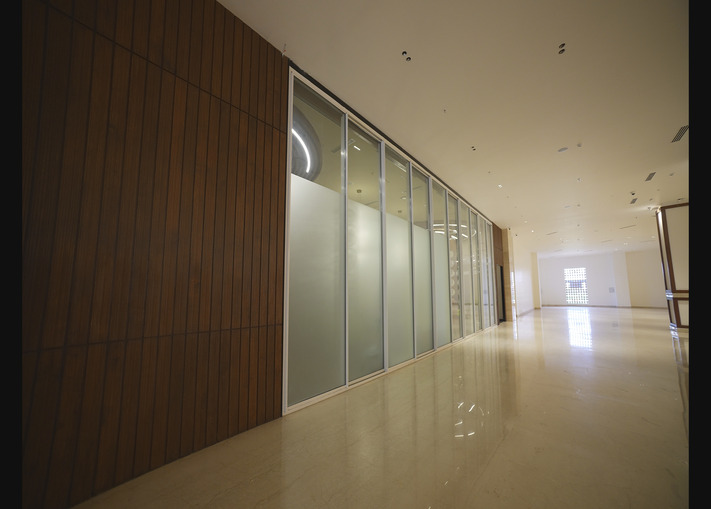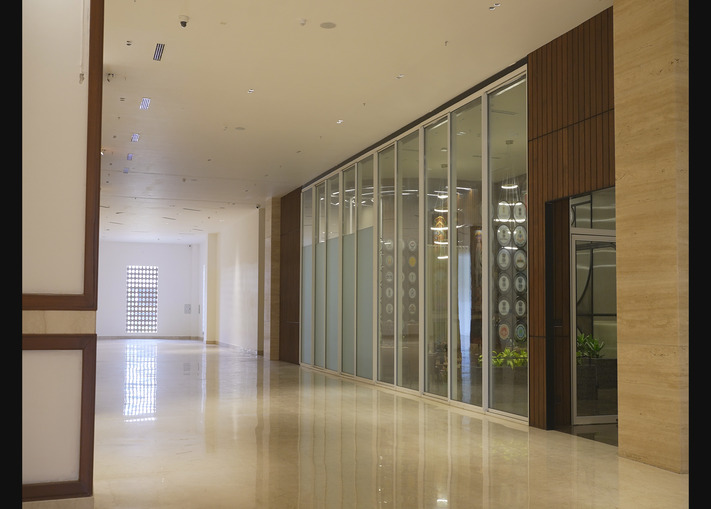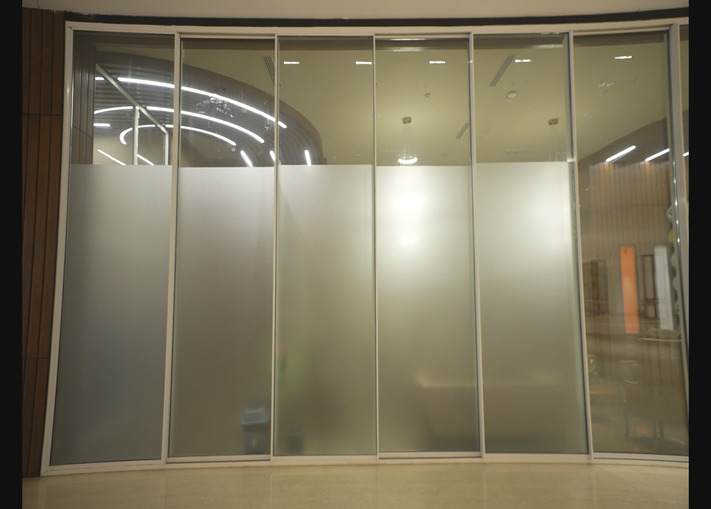Casement vs. Double-Hung Windows: Finding the Perfect Fit for Your Home
December 27, 2023
Introduction
Choosing the right windows for your home involves weighing various factors, including style, functionality, and energy efficiency. Among the popular window types, casement and double-hung windows stand out, each offering distinct advantages. This article compares casement windows and double-hung windows, discussing their pros and cons to help you decide which is the best fit for your home.
1. Casement Windows: Swinging into Style
Casement windows are hinged on the side and swing outward, operated by a crank. They are known for their modern design and exceptional ventilation.
Pros of Casement Windows
- Superior Ventilation: Casement windows can catch side breezes, directing fresh air into the home.
- Energy Efficiency: When closed, they provide an airtight seal, enhancing energy efficiency.
- Unobstructed Views: With less framing, they offer clear views and let in more natural light.
Cons of Casement Windows
- Space Limitations: Since they swing outward, they may not be suitable for areas close to walkways.
- Mechanical Parts: The crank mechanism may require maintenance over time.
2. Double-Hung Windows: Classic and Convenient
Double-hung windows have two sashes that move up and down, allowing for greater control over ventilation. They are a classic choice in traditional home designs.
Pros of Double-Hung Windows
- Versatile Ventilation: You can open either the top or bottom sash, or both, for airflow.
- Ease of Cleaning: Many modern designs allow the sashes to tilt in for easy cleaning.
- Classic Aesthetic: They complement traditional architectural styles effectively.
Cons of Double-Hung Windows
- Energy Efficiency: They may not seal as tightly as casement windows, potentially leading to higher energy costs.
- Size Limitations: Larger sizes may not be as structurally sound as smaller ones.
3. Casement Windows vs Double-Hung Windows: The Comparison
When comparing casement and double-hung windows, consider the following:
- Aesthetic Preference: Casement windows suit modern homes, while double-hung windows align with traditional styles.
- Ventilation Needs: Casement windows offer better directional airflow, whereas double-hung windows provide versatile ventilation options.
- Maintenance and Operation: Casement windows require maintenance for mechanical parts, while double-hung windows often need maintenance on their tracks and balances.
4. Best Home Windows: Tailoring to Your Needs
The best home windows depend on your specific requirements. Consider factors like your home’s architectural style, the local climate, and your personal preferences for ventilation, maintenance, and operation.
5. Conclusion
Both casement and double-hung windows have their unique advantages, making them popular choices for homeowners. Casement windows offer unobstructed views and energy efficiency, ideal for modern homes, while double-hung windows provide classic appeal and versatile ventilation, suitable for traditional settings. Assess your needs and preferences to determine which type will best enhance your home’s comfort and aesthetics.


